Last Thursday’s post, I mentioned Gödel, Escher, Bach, the long, complex and self-referential book by Douglas Hofstadter which features a tortoise, Achilles, a crab, Alan Turing and Douglas Hofstadter trying to find the links between self-referentiality, consciousness, and the works of the three titular men.
Well, I’ve finished reading it now. This post isn’t about that, though, but about a TV documentary I watched some months ago, which was one of the worst I’ve ever managed to see. At the time, it was so bad, I thought: I should start the blog up again so I can talk about how awful it is. On the other hand, it was so, so bad, it really didn’t deserve the effort. That programme was: Britain’s Real Monarch, by everyone’s favourite let’s-popularise-history presenter, Tony Robinson.
Towards the end of GEB, there’s an interesting segment on counterfactuality. I think it was Umberto Eco who said “anything counterfactual is true”,* but Hofstadter points out that we’re always far more likely to consider some counterfactuals than others. Some counterfactuals are intrinsically more plausible than others. I suspect, myself, that some of this is culturally determined: “but what if it had been raining?” is much more likely to occur to someone brought up in England to someone brought up in, say, Algeria. “But what would have happened if Henry V had been a woman?” isn’t likely to occur to anyone’s mind, though, even if they happen to be thinking about counterfactuals in medieval history at the time, and even though it’s almost a toss-of-the-coin event.
The premise of Robinson’s documentary, essentially, was that back in the fifteenth century there was some dodginess going on in the English line of descent, and that Edward IV was not his father’s son. Hence, he Wasn’t Royal. Henry VII also Wasn’t Properly Royal, but from an illegitimate branch of the family; so his son, Henry VIII, relied on his mother’s royal descent: from Edward IV. Ergo, all our kings and queens since haven’t really been Royal at all, but are just pretending. Our real monarch is an ordinary Australian chap, living in obscurity and unawareness in New South Wales, called Mike.
Now Mike, to be honest, came out of the whole thing rather well, as one of the most sensible people in the programme. Far from being unaware, he was well aware that he’s actually an aristocrat, knows he has a title and everything, and knows exactly who he’s descended from. He was probably also well-aware of his claim to the throne, going by his response to Tony R taking him through his family tree. Being a republican, he was probably also rather bored with the idea.
What annoyed me, though, was the whole concept of the programme: that, if things had been slightly different back in fourteen-mumble-mumble, This Man would now be Michael, By The Grace of God, King of the United Kingdom of Great Britain and Northern Ireland, Defender of the Faith and Head of the Commonwealth. If things had been slightly different back in fourteen-mumble-mumble, Mike wouldn’t even exist. He’d never have been born. Neither would his father, his father’s father, and so on. His 19th-century ancestor who gambled the family inheritance away? None of it, none at all, would have happened. It was perfectly possible for Tony R to contemplate that some past uprising would have pushed a Tudor off the throne and replaced them with someone else with True Royal Blood; but not possible for him to contemplate that the family tree of that branch would have changed in any way at all. Even though, of course, their circumstances would have been radically different, they would have socialised in different circles, had different obligations, this documentary relied on the theory that they would still all have married exactly the same people.
The other part of the concept was also, well, rather silly. To my mind, at least, but lots of people still do seriously believe it. That there is, indeed, something in your blood that makes you Magically Royal. Whatever Something it is, it’s very clever, because it disappears if you’re not properly married. I doubt that Tony Robinson seriously believes in that himself.** It also, somehow, never dilutes, however many prince and princess siblings a king or queen has. If it didn’t, of course, we’d all be very much Royal. The people who still seriously believe in that sort of Royalty tend not to think about where it starts from in the first place: we worship the Queen because she is directly descended from our god, Woden.***
For a long time, as you probably know, there have been disputes in historiography between those who see history as a series of events created by great people and as a series of trends driven by economics, climate and technology. The truth is somewhere in between, but the two styles are as hard to marry as, in the science world, quantum physics and relativity, because they focus on entirely disparate scales. Great People theory is the quantum theory of history: it explains the world by focusing on the tiniest of scales, but at its heart you have to accept randomness as a primary cause of events. Socioeconomic history is relativity: you look at the wide scale of changes in, say, crop yields, and from that explain how society changes just as you can explain a planet’s orbit. An individual invention doesn’t even matter, because someone else would have invented it. Both of these are entirely acceptable ways of looking at history, and both are true, even though they can seem to be incompatible on the surface. Where you go wrong, though, is to base your history from a Great People perspective whilst assuming its events are as fixed and predictable as the onset of the Little Ice Age. That’s the mistake that Tony Robinson made, and all the other writers who have followed the “God Save King Mike!” line of reasoning. History doesn’t necessarily follow iron rails.**** Mike The Friendly Australian isn’t the real King of Britain, despite what his bloodline might be, because kingship in the real world is a little more complicated than that.
* At least, Umberto Eco’s translator, who I think is usually William Weaver, in Foucault’s Pendulum.
** He was a member of the National Executive Committee of the Labour Party for a few years last decade; given that political background it’s unlikely.
*** I’m not the sort of person who hangs around genealogical websites, but I do seem to remember, a few years back, seeing a Mormon-driven one that displayed family trees for everyone it knew about. Moreover, “everyone it knew about” included quite a few of the ancient pagan gods of Europe. If you looked up someone linked to the British royal family, then it would, entirely serious and deadpan, give you their family tree right back to Woden/Odin, as their ancestors had claimed was the case.
**** Bear in mind, too, that Way Back In The Mists Of Time the succession wasn’t fixed in any case. It could be willed, or a king could be chosen. William I wasn’t followed by his firstborn son, at least not as King of England; and kings before him were picked by a council from the eligible aristocrats.
Keyword noise: Britain's Real Monarch, Channel 4, documentary, Douglas Hofstadter, Godel Escher Bach, history, inheritance, royalty, television, Tony Robinson.

 Home
Home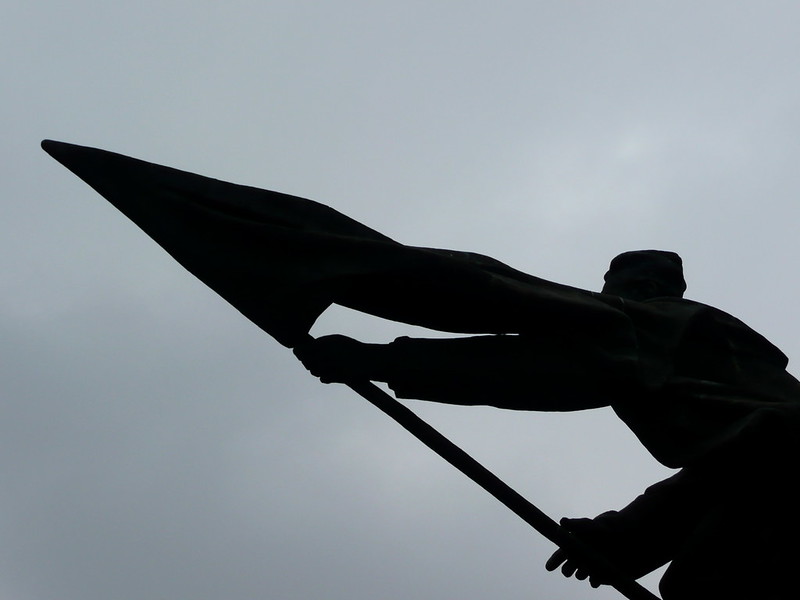
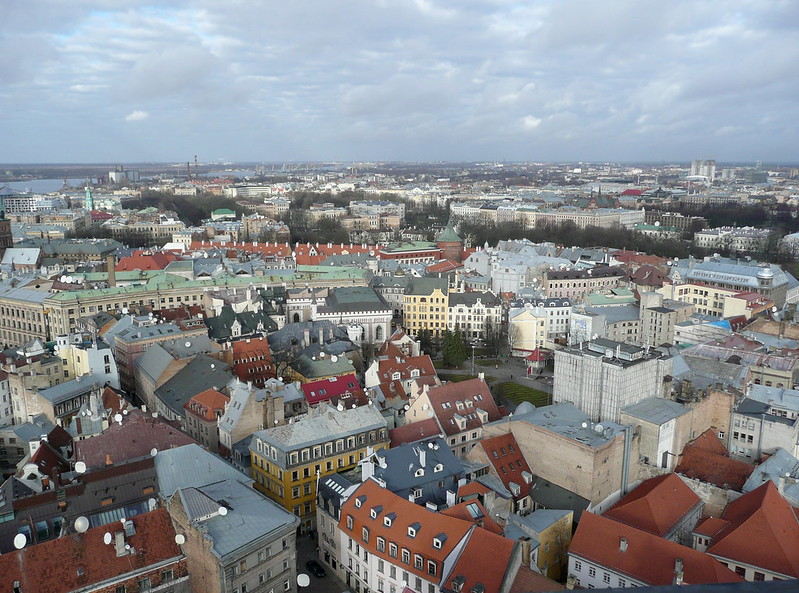
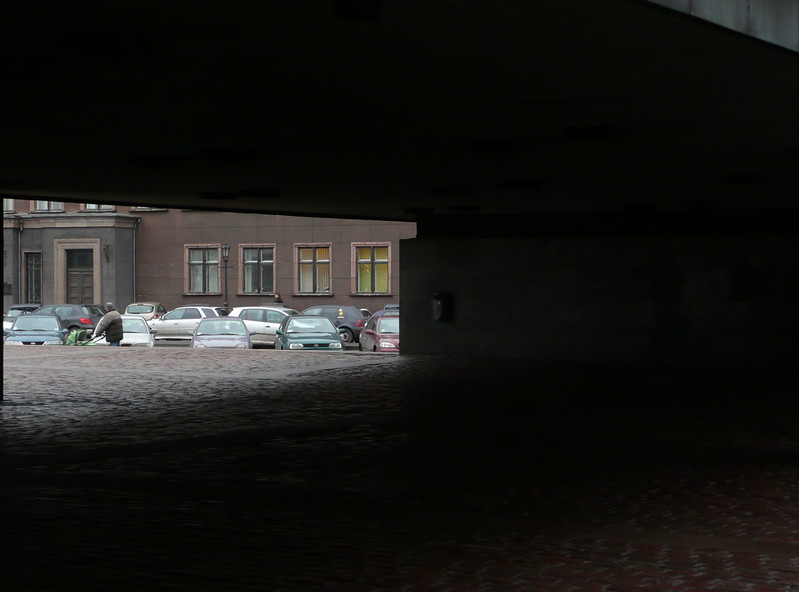
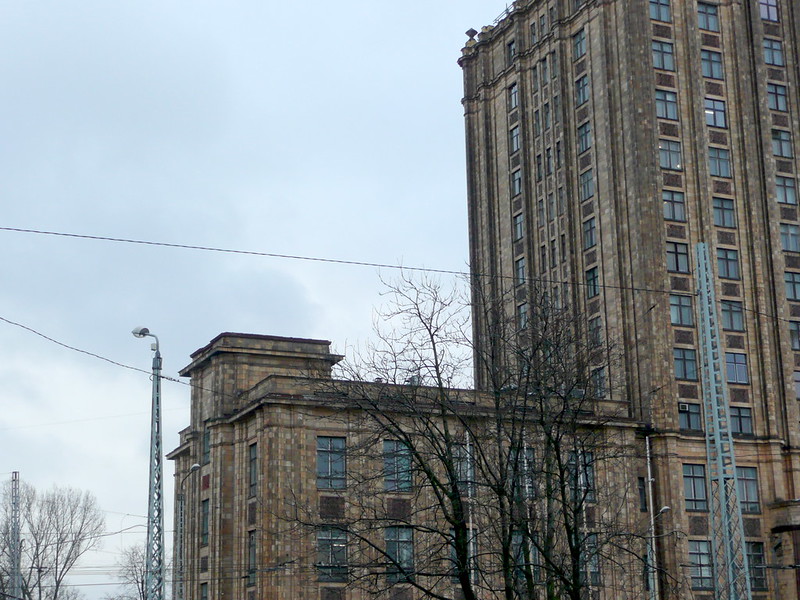
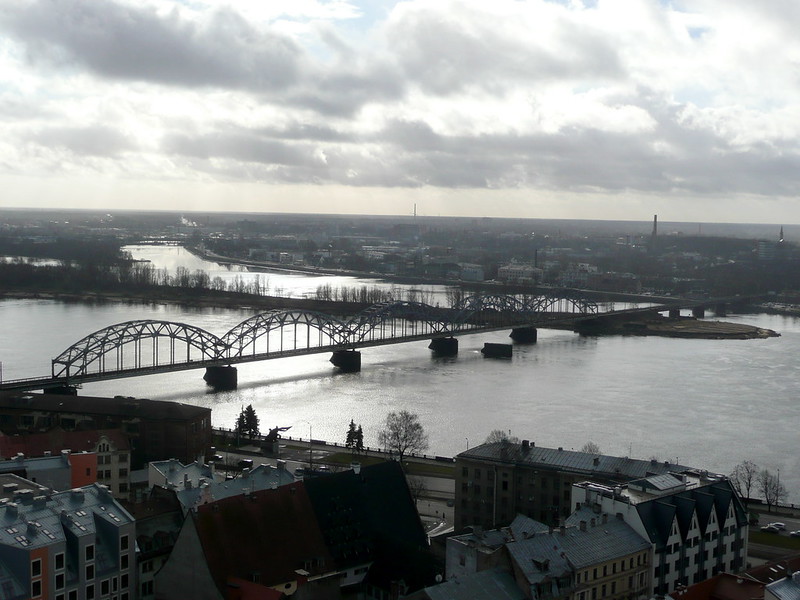

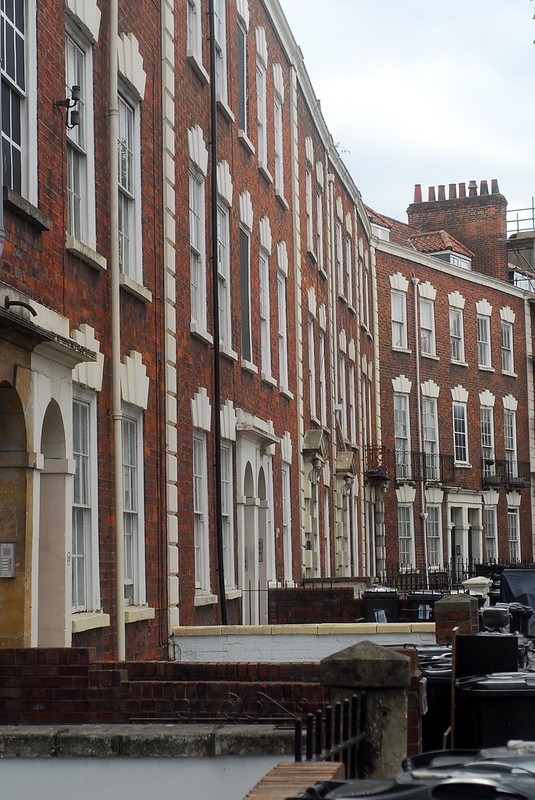

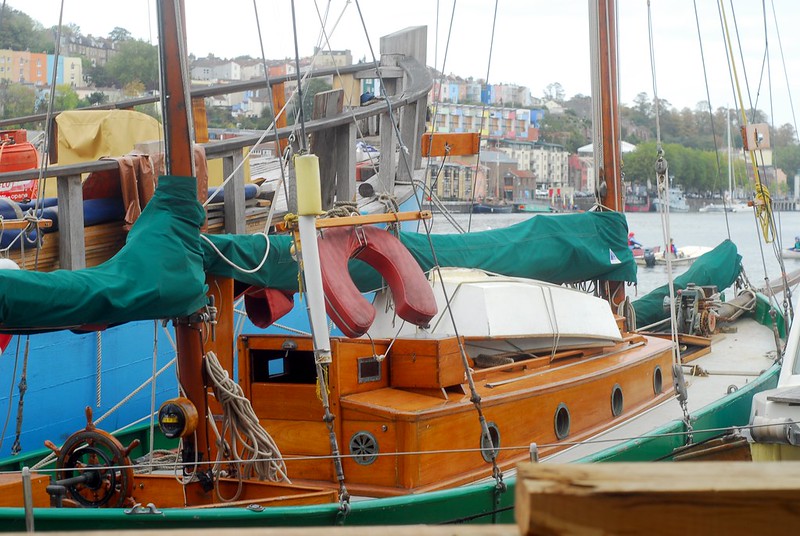
 Newer posts »
Newer posts »